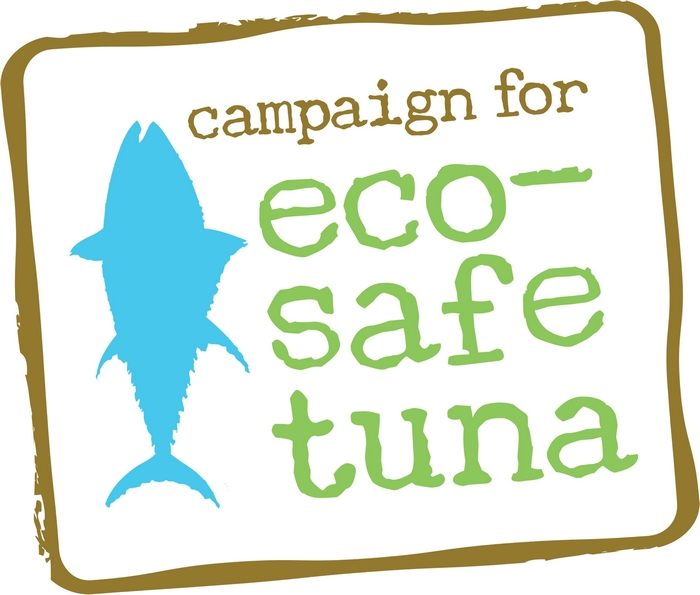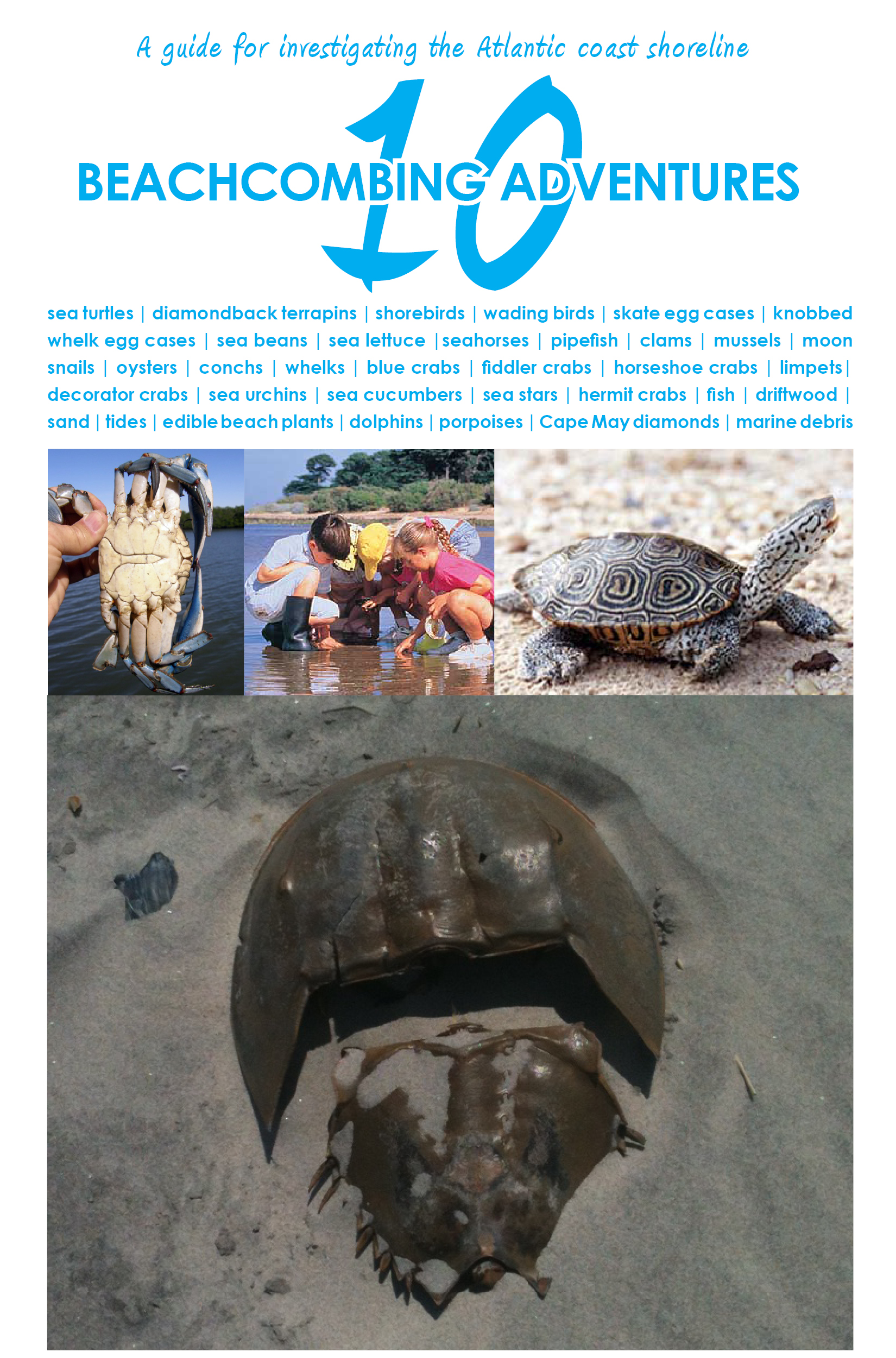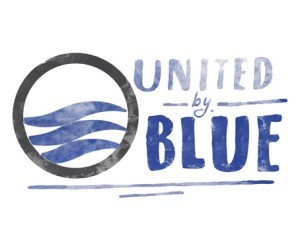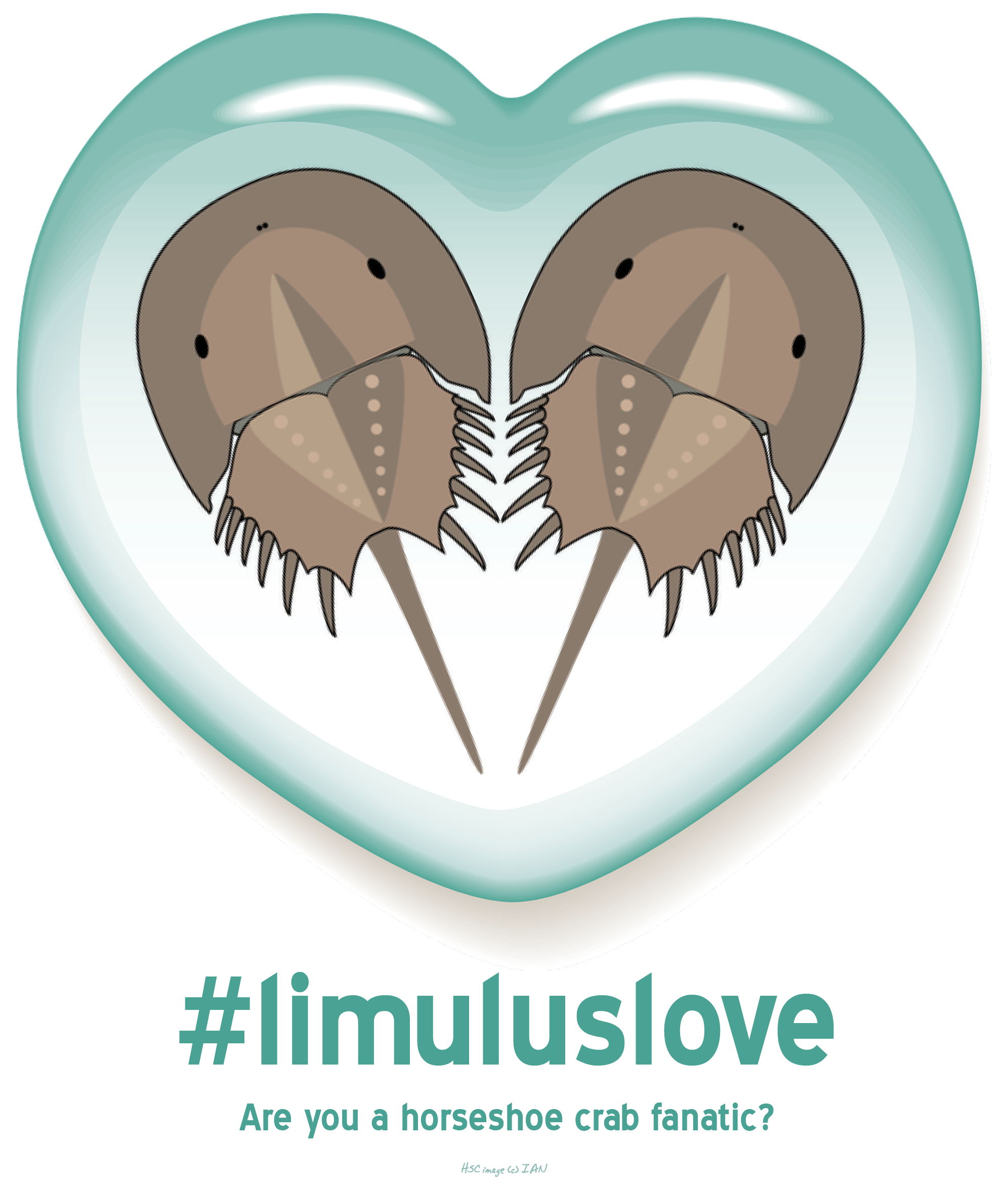The National Ocean Science Bowl is a high school challenge program run by the Consortium for Ocean Leadership and is dedicated to preparing the next generation of scientists, teachers, policy makers, environmental advocates and concerned citizens to “continue the exploration and develop strategies for managing the oceans’ resources.”
run by the Consortium for Ocean Leadership and is dedicated to preparing the next generation of scientists, teachers, policy makers, environmental advocates and concerned citizens to “continue the exploration and develop strategies for managing the oceans’ resources.”
Here is a sample question taken from their resources page to test your knowledge:
This national marine sanctuary, sometimes called The Galapagos of California, is home to kelp forests, sea lions and blue whales. a) Stellwagen Banks b) Channel Islands c) Monterrey Bay d) Olympic Coast
The answer is the Channel Islands, a set of five islands off the coast of California.
Image (c) oceanleadership.org.










What people are saying …